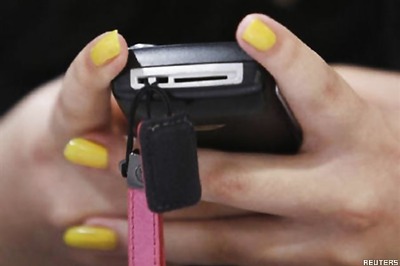
views
Entitled, a financial solutions platform for blue-collar workers, has unveiled a report that sheds light on the pressing issues behind gender disparities in blue-collar occupations. It revealed that women’s participation in blue-collar jobs in India has ranged between 10% – 15% in recent years.
The ‘Unmasking Gender Disparities in Blue-Collar Occupations: Insights and Pathways to Equality,’ report is aimed at delving deeper into the factors contributing to the gender gap in this field.
A blue-collar job is a term used to describe work that typically involves manual labour and is often associated with industries such as manufacturing, construction, mining, agriculture, and maintenance.
The report highlights several findings:
It revealed that domestic responsibilities, societal norms, concerns about physical safety, and disparities in digital and skill literacy are primary factors contributing to the gender gap.
In terms of recruitment and hiring, women workers are predominantly recruited through community-oriented networks, while male workers often find job opportunities through digital platforms and job boards.
Regarding the workplace environment, the report noted that traditionally, harassment and discrimination against women in blue-collar jobs have been prevalent. However, positive changes are emerging, thanks to government policies, NGOs, and civil groups advocating for safety, training, and support for women workers.
When it comes to career advancement, the report found that adverse gender stereotypes, a lack of specific training, and lower wages for women contribute to disparities. Data suggests that women in blue-collar roles are paid approximately 15% – 20% less than their male counterparts.
The report also highlighted the need for specialised support programs to enable and empower women in specific workforce segments.
Initiatives like financial products, women-friendly workplace policies, and flexible health and wage coverage plans can be instrumental in fostering gender equality.
In terms of data and ratio, women currently represent about 14%-15% of the overall blue-collar workforce, the report said. This proportion drops significantly to around 1% in new-age gig jobs. However, female participation has increased by 35%-40% post-pandemic.
Anshul Khurana, co-founder, Entitled Solutions, said, “Our report is a reflection of societal norms, workplace biases, and systemic barriers. Yet, it’s also a testament to the resilience and untapped potential of women in blue-collar work. To bridge this gender gap, we need a collective effort, from government incentives to specialised training programs. We envision a future where the tools of empowerment and equality are readily available to all, transforming the landscape of blue-collar occupations into a realm of inclusivity and opportunity.”
The report recommended bridging the gender gap in blue-collar occupations and creating a more inclusive work environment. Recommendations also include incentives from the government to promote inclusivity, tax breaks, and specific training and support programs focused on skills and digital literacy.
Survey size
The study was done internally with 10,000 respondents.




















Comments
0 comment